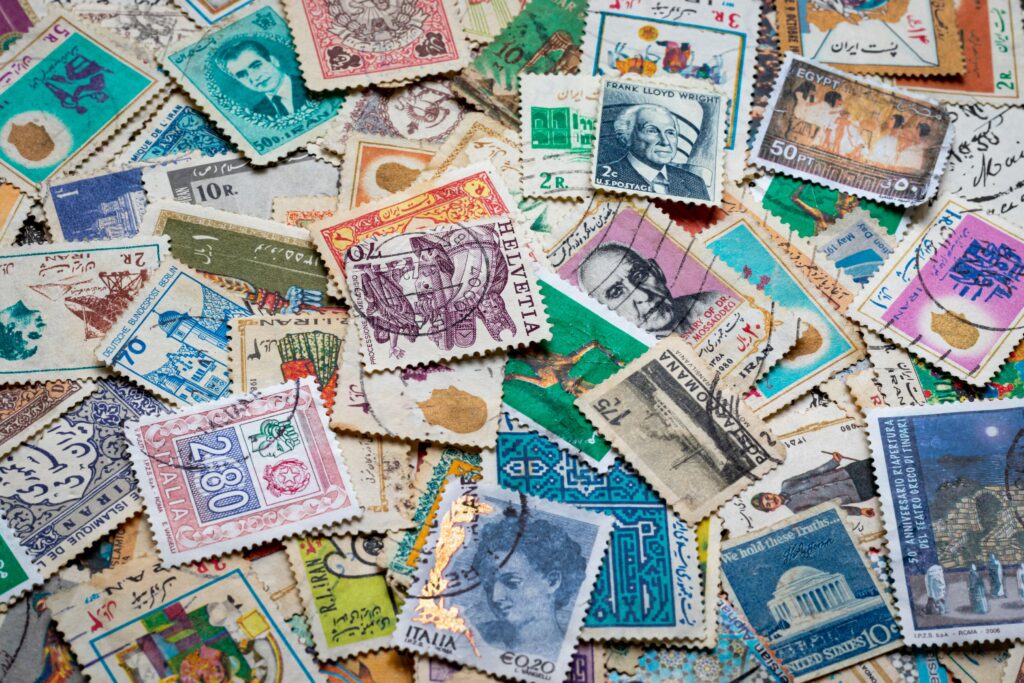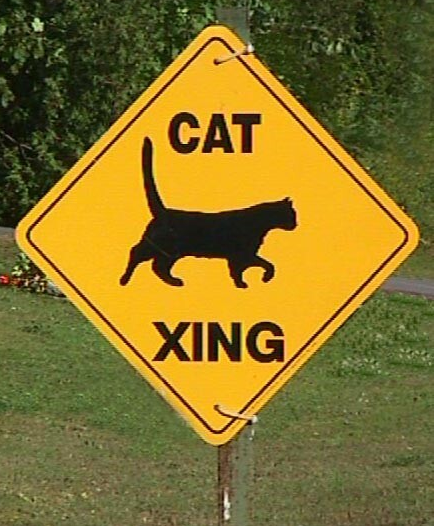
” Collect things you love, that are authentic to you, and your house becomes your story.” – Homeowner -Erin Flett
In this article, we will lay out 10 STRATEGIES for organizing and managing your coin and/or stamp collection.
You may be an avid collector or a person who inherited collections from past family members. Either way, figuring out and keeping track of what is in the collection and its worth can be a daunting task. So often we are called in to look at collections and the first thing we have to do is sort it our so that we can start doing our inspections and research.
You or someone in your family might have boxes of unorganized and undocumented coins and/or stamps. If you are lucky, the stamps and coins are in individual protectors and have all the information about them written or recorded.
Before you call us, here are 10 Strategies to help you save money, avoid being taken advantage of and help you to know what you have.
Here are some of the do’s and don’ts you should know about coin or stamp collecting
1. Never clean a coin. Part of its value is the patina. Using cleaning agents and the wrong materials may reduce the coin’s value. Coin Restoration is best left to the experts and should be done only when necessary.
2. Don’t wrap coins in foil or use tape directly on them to hold them in place. This will create uneven oxidization.
3. You should store your coins in acid-free paper envelopes or specialty plastic coin holders
4. Never separate a stamp from its paper backing, be it an envelope or stamp collecting book.
5. Storing stamps properly is critical. Water damage from humidity is common and can happen when stamps are stored in humid basements or even in humid climates without humidity and temperature control.
6. Always use clean white cotton gloves when handling coins and stamps to prevent dirt and oil getting onto them and causing discoloration over time due to oxidation.
7. Never let someone take your coin or stamp collections away from you, under the statement, that they will do the inventory at his or her home. No qualified professional appraiser would do that. They do not do any sort of bailment. (Bailment is a legal relationship in common law, where the owner transfers physical possession of personal property for a time, but retains ownership.)
8. Never accept a purchase offer on your collection until you have created an inventory and have a very good idea of your collection value.
9. We highly recommend that you invest in a collection software that will allow you to record important information, and provide you with a general idea of your item’s value.
10. If you find coins or stamps in the collection that have the potential to be large amounts of money we highly recommend having the item professionally graded. This will remove any doubt from a potential buyer.
BONUS TIP: Asking an auction house for their opinion is also wise. If you supply them with good photos, they might be able to provide you with values if you wish to sell it via auction.
So when should you call an appraiser about your collection? If you are looking to insure your collection, or if it is the subject of an estate or divorce matter and you need legal documentation of its existence and worth. We hope you found this information useful.
This New Year, Myself and my team at Prestige Evaluation wish you a very successful 2024.
Disclaimer Prestige Evaluation Inc. does not engage in any buying or selling of any personal property. Prestige Evaluation Inc. can not do any verbal appraising without a work file and consultation. The seller/buyer needs to do his or her due diligence, before accepting an offer to purchase or in selling your personal property. For any company referred or named in this document, there is no financial consideration or relationship between Prestige Evaluation Inc. and or John Grow. This article was not generated by ChatGPT. AI Free. Edited with the help of Suzanne Charlebois, Registered Gemologist.
Next Article: Gemstone Jewelry









